After a heated race, Madagascar’s high constitution court declared Andry Rajoelina the winner of the Malagasy elections on January 8th, confirming the election commission’s announcement a month prior. Rajoelina pulled in 55.66% of the vote, while his opponent, the pro-Western Mark Ravalomanana, received only 44%. Ravalomanana, however, has refused to admit defeat: it was his complaint of fraud which the court reject this Tuesday.
Since the results were first announced, protests have exploded into the streets of the Island’s capital city Antananarivo. The constitutional court’s recent decision prompted a vigorous new wave of demonstrations.
Supporters of Ravalomanana, the country’s former president who lost in the election’s second round, took to the streets to express their opposition to the new president’s political agenda and the alleged election fraud. A state of emergency has since been declared, with police firing tear-gas to disperse the unruly crowds.
This isn’t the first time the two politicians faced off: in 2009, Rajoelina’s supporters led a revolution which ousted then-president Ravalomanana, forcing him to flee to South Africa. The international community immediately sanctioned the island’s new government into economic desperation which helped bring about Rajoelina’s defeat in the 2013 elections. Those elections were naturally declared free and transparent.
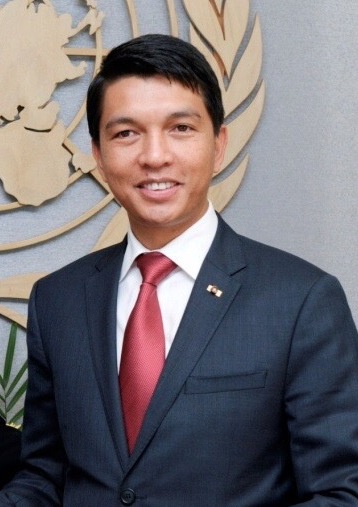
The current protests have been propelled by several NGOs operating primarily via social media networks. The protesters’ slogans correspond to those used in color revolutions for decades – such as generalized opposition to ‘corruption’ writ large. What is the actual message hidden under this abstract formula? Who stands to gain from the protests? There are numerous indications that globalist forces are at work in fanning the flames of dissent on the Red Island.
Washington’s candidates
In December 2017, Washington allocated $ 1.2 million toward influencing the electoral process on the island. In March 2018, the US ambassador openly supported Ravalomanana’s presidential bid.
Witnesses testify to having observed Ravalomanana frequently visiting the American embassy, and the details are rather curious. Whereas the embassy only operates 5 days a week for normal citizens, they made exceptions for the presidential hopeful, allowing him to visit on weekends and after hours.
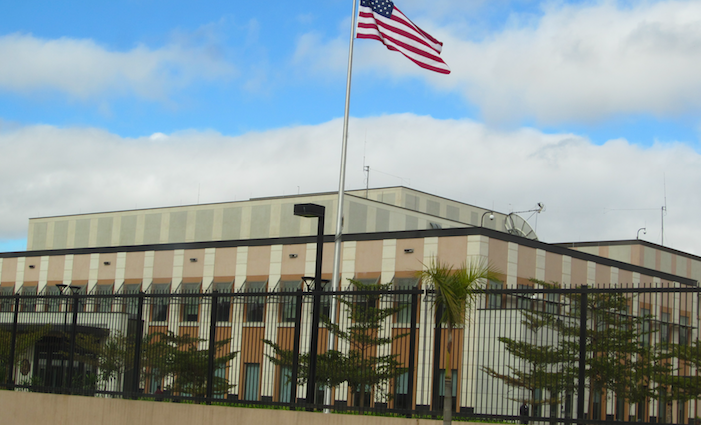
In April, deputies of the National Assembly of Madagascar also paid a visit to the American embassy, accompanied by Hanitra Razafimanantsoa, a figure who is now actively involved in the wave of protests.
At least two other candidates openly represented globalist interests in the recent election. Roseline Emma Rasolovoahangy and Stephan Narison both disseminated the idea of establishing US military bases in Madagascar. These two likely served as an “airbag” in case something happened to Washington’s main candidate.
Weaponized Media and Foreign NGOs
The elections were held against a backdrop of scandals and biased coverage by the Western media including the BBC, CNN and AFP. Most of these sources have refused to recognize the loss of the Washington aligned pro-business candidate. They were immediately and unanimously poised to praise the riots and describe the island’s economic situation as catastrophic.
They have also not been shy in attacking Rajoelina directly, even accusing him of provoking an “environmental disaster” in the course of their disinformation campaign.
In today’s geopolitical climate, liberal-oriented causes such as environmental issues are often exploited to justify imperialist intervention.
Organizations such as the National Endowment for Democracy, the American company USAID, CSIS and the Heritage Foundation have also gotten involved in the island nation’s internal political life.
Suspicious “tourists”
Several months before the elections, an unprecedented influx of American tourists was marked in Madagascar. The fact that many of them didn’t go for the classical resort locations and instead stayed in the island’s capital (where as well the American embassy is located) is certainly suspicious. Among the “tourists” were a number of US army veterans.
Sources have told UWI that a soldier named Abraham James, who was recently seen “vacationing” in Madagascar, is likely one of the main curators of the destabilization efforts. James is a supporter and close associate of the scandal-ridden former Missouri governor Eric Greitens, who is the de facto head of the non-profit “veteran organization” The Mission Continues. According to open data, James was also a member of the 10th Mountain Division, a US military light-infantry unit which was deployed in the US’ invasions of Iraq and Afghanistan.

According to our sources, there may be at least a hundred such “tourists” in Madagascar, some of them located around the territory of the embassy.
Why is Madagascar being targeted?
Madagascar is interesting to foreign powers first of all from an economic point of view. The island is ripe with mineral resources and has potential in the industrial, shipping, fishing and tourist industries. Two large-scale hard to resist oil fields have also been discovered on the Island’s west coast.
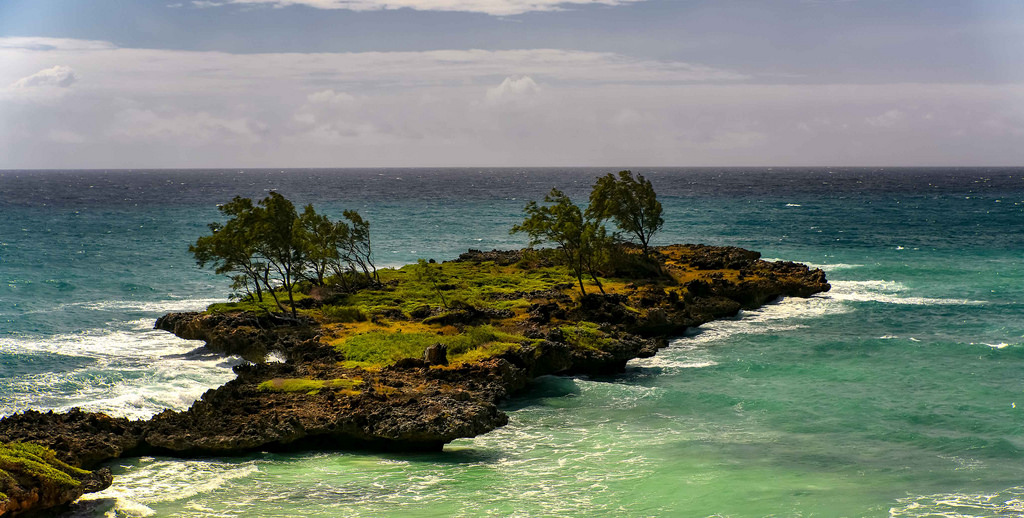
Secondly, the islands strategic location makes it an ideal place for a military base. About 7,200 US military are deployed in 34 bases on the African continent, including Djibouti, Niger, Tunisia, Libya, Somalia, Cameroon, Kenya, Chad, Mali and Burkina Faso- Madagascar is secluded from the mainland but still within striking distance.
The US’ has stepped up its efforts on the continent significantly in recent years, desperately trying to curb the influence of China, whose “One-belt One road” policy has produced major inroads throughout Africa.
“African Spring”?
Recent years have seen numerous revolutionary waves in Africa: from the coups in Zimbabwe and Kenya to the widespread protests in the Democratic Republic of the Congo and Tunisia. Just days ago, the military in Gabon announced they had seized power and called on the population to take the streets.
Among the open interventions by Western powers in recent years are the US led airstrikes on Somalia, the violent overthrow of Muammar Gaddafi in Libya, the deployment of US troops in Cameroon, and American participation in the 2014 turmoil in Uganda.
Madagascar itself has also experienced a number of revolutions and upheavals over the past decade and may now be on the verge of another.
The Forecast
Washington’s goal in destabilizing the domestic political situation in the country through protests is ultimately no less than establishing imperial control over the content and eliminating the influence of its geopolitical rivals (China, Russia, Iran). Africa is in a state of widespread political crisis and the chaos has left the continent ripe for intervention. The United States will play on ethnic contradictions and political divisions to fuel the current protests and prevent competitors from fostering stability.
The 21st century has seen incredible changes throughout Africa as the postcolonial regimes (both liberal and communist) have failed one by one. France has already begun to pay for their colonial history after being hit by a massive influx of African migrants while already reeling from the loss of its former hegemony. The US, however, seems poised to capitalize on the instability.
The battle for Madagascar is not just a struggle for influence in the region, but an opportunity for the country to reject Washington’s vision, and take a historic step toward a strong and independent Africa.


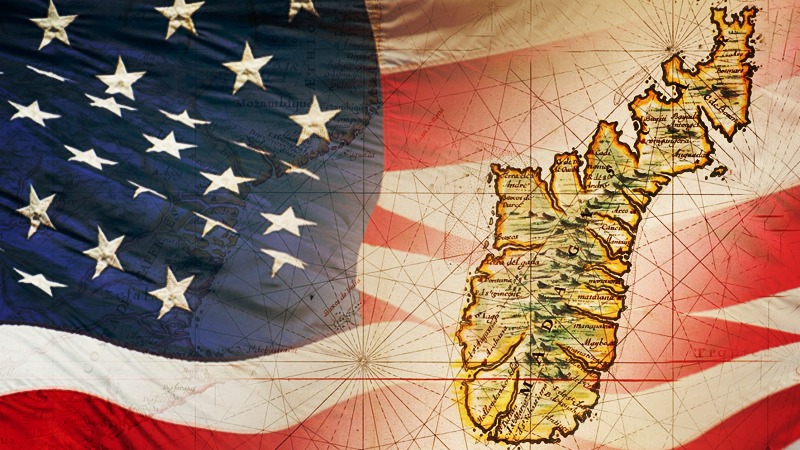

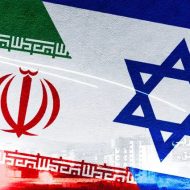
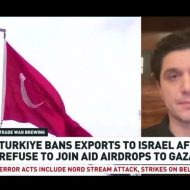
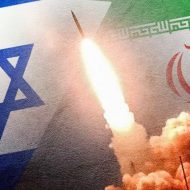
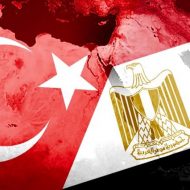
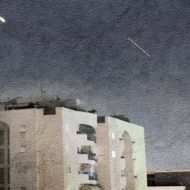
Leave a Reply